"When humans are screwed, we make the best sh*t" - director David Karlak reacts to AI
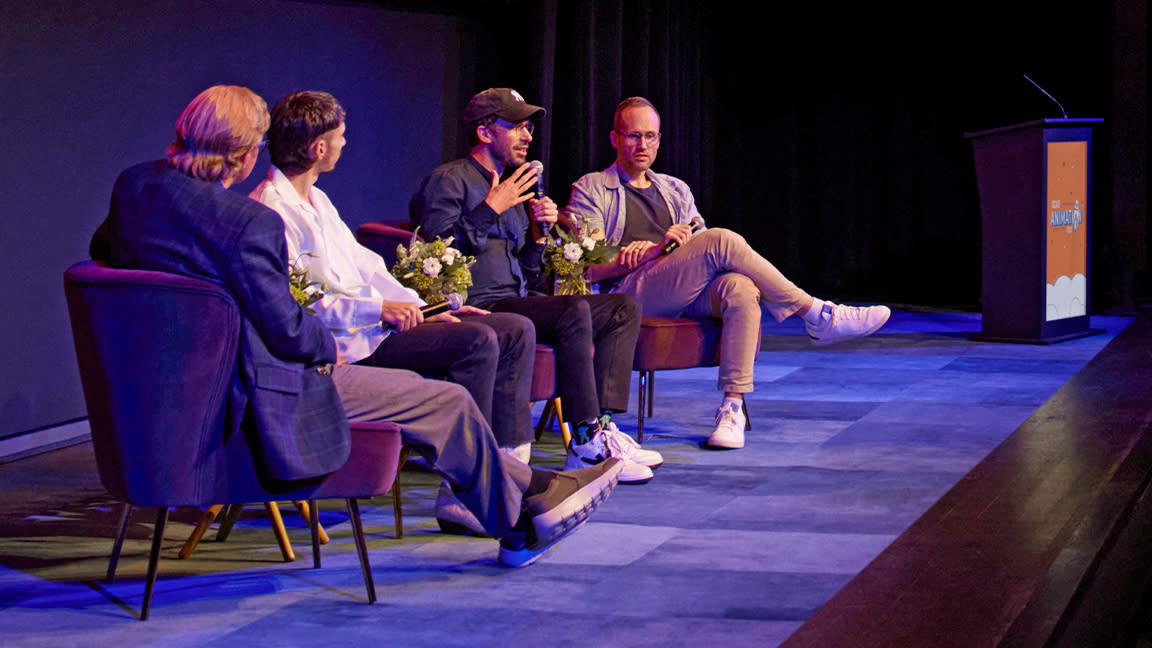
- Oops!Something went wrong.Please try again later.
Generative AI art, and AI, in general is the topic no one can escape, and now AI filmmaking is becoming a new trend; from live action movies to VFX and animation this is a creative industry that is going to be impacted by generative AI.
I attended the SCAD Animation Fest in October and watched three filmmakers, VFX producers and animators tussle with what AI could mean for the future of these creative industries; David Karlak, Armando Kirwin and Nicholas Rivero debated the affects AI on art, filmmaking and VFX.
I've already spoken with artists like Kelly McKernan discover how generative AI is impacting illustrators, and video game developers such as Lords of the Fallen's Hexworks are already experimenting with AI, but filmmakers have been a little quiet. The film industry, including animation and VFX, would embrace anything that can speed up workflows and avoid crunch deadlines, but at what cost?
"I'm wondering if we'll see a future with AI that makes the process of animation be easier without taking away the artistic intent and keeping the principles intact," suggests Armando Kirwin, a producer, VFX Producer, VR filmmaker and founder of game studio Artie.
we'll see a future with AI that makes the process of animation be easier without taking away the artistic intent
"It's all on the table, right? That's the exciting part, and the scary part," he says. One trend that's impressing Kirwin is the use of AI to "style transfer" an animation or film scene instantly, turning a live action scene to anime. This new AI tool is akin to rotoscoping and a paint-over in real time.
But he also sees the other side, the downside to relying on AI to deliver the kind of quality animation that people love. "The thing is, so much about animation is about being expressive in the frames. So if it is a style transfer on top of a human, that'll be cool for about six months. Right?"
Good animation is about the "elasticity of the characters" and the principles of squash and stretch. He adds: "So, literally, the fundamental principles of animation don't even come into play quite yet," saying it could still take off and speed up workflows, finally identifying, "if you're in animation, I think AI style transfer is particularly relevant to you."
Generative AI, can it replace ideas?
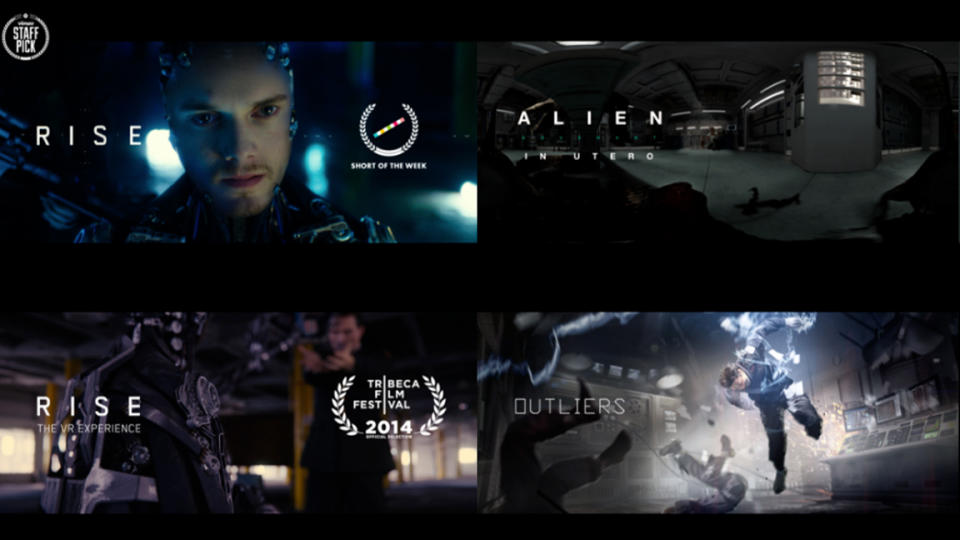
There's talk of AI writing scripts and replacing ideas on a page, either for filmmaking or for creating artwork. For filmmaker David Karlak, who's currently shooting an Epic Mega Grant-funded short called Azul, AI can't replace a creative's original thinking.
He explains: "You have to realise as a filmmaker, if it doesn't survive in your head, it won't survive on a page; if it doesn't survive on a page, it won't survive in a room; and if it doesn't survive in a room, it won't survive as a script; and if it doesn't survive as a script, it won't survive as a movie.
"And so there's always that origin, and it is always important to cultivate your individual perspective as an artist. And also understanding that part of being an artist is sacrifice. People feel they might not understand the complexity of what it took to get to that idea."
The filmmaker isn't impressed with AI right now, and says nothing out there is 'blowing his mind', he says: "I'm going to be honest. I go on Twitter X, or whatever you want to call it, every day. I go to hashtag Midjourney, I'm following all the hashtags in AI, and I haven't seen a single goddamn thing that made me jump up and down."
You're making all of the artists mad and they're the ones who are eventually going to use this stuff
Kirwin is a little more forgiving, and says as someone with a VFX background he's seeing AI tools that are making things easier, "But I haven't seen a thing that's creative […] no prompt engineer is ever going to write a prompt that makes art better than an artist using these tools".
For Kirwin AI is another tool, particularly for creating visual effects, but one that only creative people can be creative with; the term 'prompt engineer' is something that irks the filmmaker and VFX producer. "The fact that this phrase exists drives me insane," he laughs, suggesting Midjourney should stop people using the term because it distracts from any creative possibilities.
"Please stop saying that [term], you're making all of the artists mad and they're the ones who are eventually going to use this stuff," says Kirwin. "So I think that's partly why we're not seeing the blow-you-away-creativity yet, because there's this barrier of gross prompt engineering stuff that, personally, I can't even touch it."
Will AI replace artists and creatives?
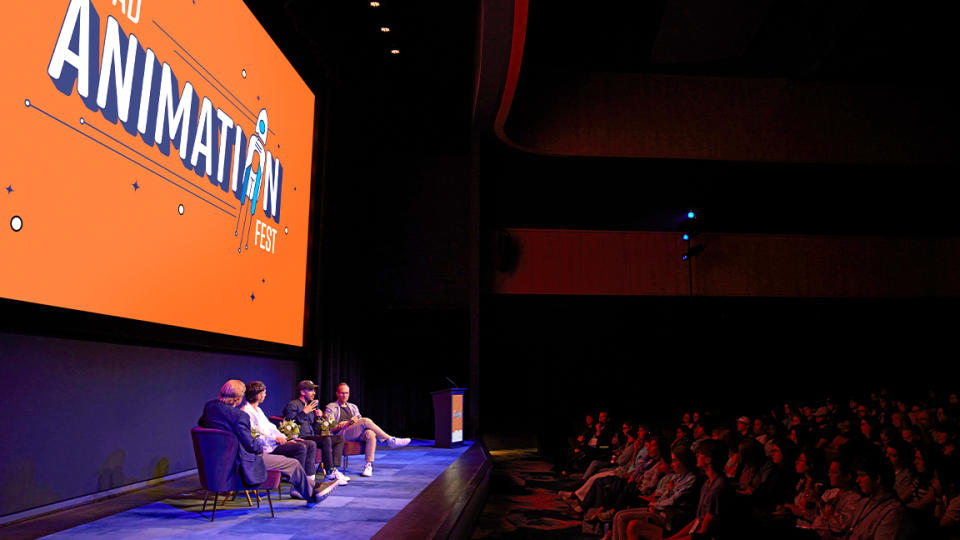
Karlak picks up on the idea of AI engineers replacing artists, and really lets rip. "At the end of the day, who is building these tools? I mean, think about it, Sam Altman, do you think this guy has ever drawn an image in his life? Do you think this guy knows the mysteries of the human soul?"
He continues, getting more excited: "I think these AI companies need to really take a step back and talk to artists, really get into the granular detail of what it takes to do a cell animation study. I think they're starting to go through that process, because tech companies are now starting to say, 'Hey, where are the creatives?’"
These AI companies need to really take a step back and talk to artists
Adobe is seen as a creative tech company that is trying to bring AI tools to artists in an ethical way. We've covered how Adobe Firefly has an ethical base, and how Adobe has introduced digital credentials into images so it's clear how it's been made. Recently Adobe's Rufus Deuchler explained how the Photoshop developer is approaching protecting copyrights.
"I think it's because Adobe's using it as a tool," says Nicholas Rivero, the founder of MEPTIK, a company that creates extended reality and in-camera visual effects (ICVFX) for film and events. "They're showing the tool use case […] what I've seen is a lot of workflow advancements," he says, mentioning a Blender animation that began with AI generating a scene but an artist finished the short. "But the amount of work that was able to be achieved in a short amount of time was light years above what a single artist could do."
When everyone is using AI, you do the opposite
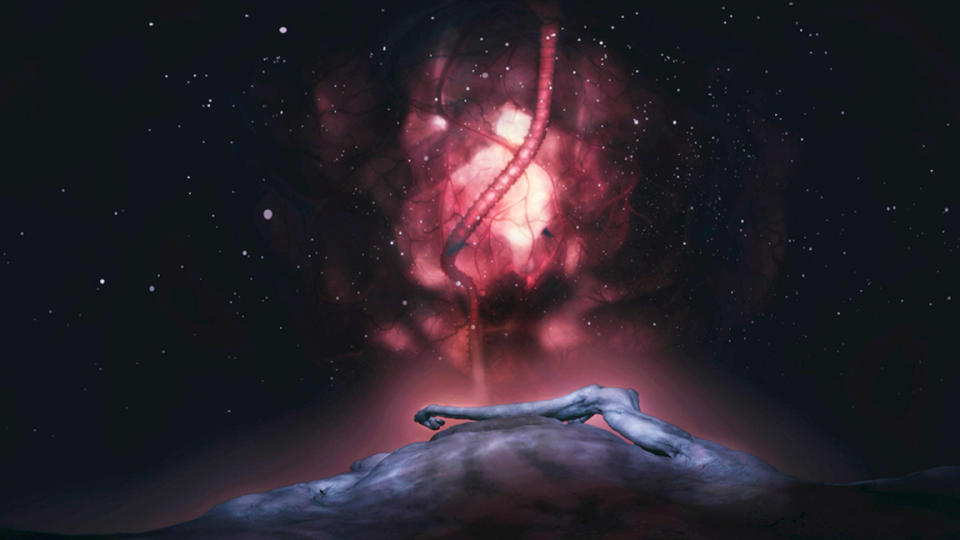
For David Karlak there's a chicken and egg scenario playing out with generative AI. He discusses how you could ask an AI tool to design a Xenomorph like Alien, "but you can't", he says, "that was HR Giger, his dreams and his nightmares brought to life, he's what people are referencing in their prompts".
He adds: "In terms of the conception of genius, that a level of specificity that can only be achieved by a human mind responding to a world saturated with AI, you need artists."
If everybody's using AI, and everything has that AI kind of tinge to it, then you do the opposite
Karlak spins out an idea of where the impact of AI on artists and creatives could lead, suggesting there's an irony at the heart of the speedy take-up of generative AI tools, that the more people use them the less value there is in the results.
"If everybody's using AI, and everything has that AI kind of tinge to it, then you do the opposite and you are like, 'oh, wow, that's different because it's drawn with a pencil', it has a soul to it," he says, adding: "That's the thing, AI just feels like a good tool for creativity, but it's not good for generating that genius, idea that goes back to what I believe, which is the generation part that gets all the hype."
Clearly Karlak isn't keen on the way AI is being used, but he comes across as a realist that knows Pandora's Box has been opened and tools like DALL-E 2 aren't going away. But, fundamentally, there's a belief artists will always be needed to instigate creativity.
He says: "Definitely immerse yourself in the technology. Use it. […] But push against it, do something different. We want to subvert, we want to turn heads. But I think AI might be part of that story, but ultimately that specificity comes from a singular perspective."
Is there a limit to generative AI?
If you are using AI in your work, where do you draw the line? How much AI is too much AI? These are the kinds of questions many animators, artists and filmmakers will be asking themselves.
For Karlak, it's simple, "You draw the line when you stop feeling something". He explains how a visit to an anthropology museum in Mexico City, where he's filming, made him stop and think and feel. These sculptures were made with hands and took months to create, "and it just made me feel something".
He applies the same idea to screenwriting, saying: "You stop using AI when it's giving you a result that makes you feel empty. I think that's where you draw the line. As artists, we have to operate from a place of emotion."
You stop using AI when it's giving you a result that makes you feel empty
Kirwin joins in, describing how a recent trip to a museum in Warsaw brought him to tears because the art was created just prior to World War 2, and the thought of what became of the artists and those in the paintings brought out deep emotion. "I was a crazy guy in a museum crying. I was seeing such beauty and I knew that it was all about to be destroyed," he says.
His argument is, that level of emotional connection will never happen to art or films or animation generated by AI, because there's "no context around the creator, these are just some of the innumerable reasons why I think [none AI] art matters; emotion, humanity, context, you start taking these things away and it's not going to sell products."
What does the future look like with AI?
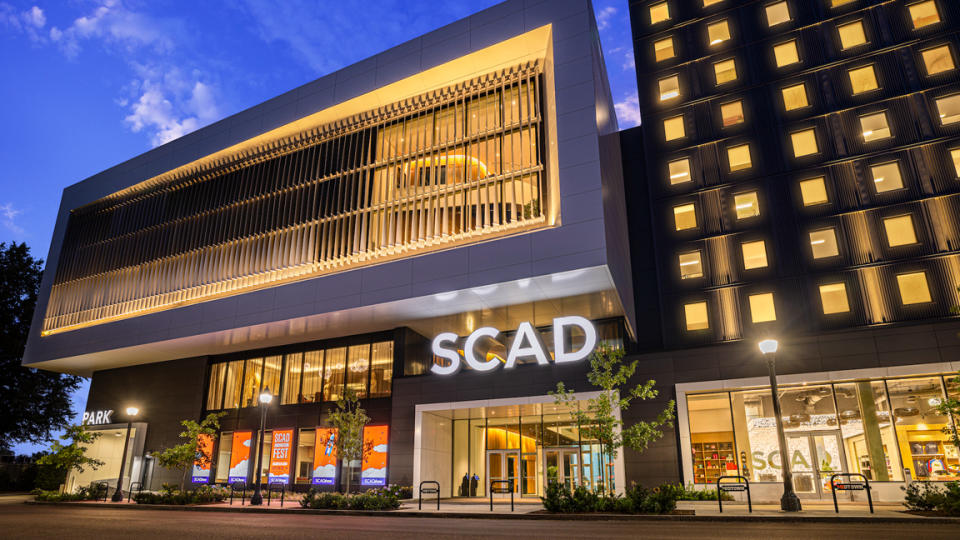
The discussion talks about what a future with AI looks like, and Nicholas Rivero likens the current situation to society attempting to apply guardrails to AI after its been released, and stresses he believes humans should have input into the creative process. "I think we need to be really cognisant of that, and we can't just be blind to that as we move forward," he says.
I think if AI is generating 10 billion images a day, then the counter to that is going to be legendary
David Karlak is optimistic of the future for art and creativity in a world where generative AI becomes common. The need for a thriving counterculture to push against AI-created art, animation and films will be essential in his mind.
"I think when humans are screwed, we make the best shit. That's when art gets super-punked,' he states. "If we're living in a future where life's going to be more difficult, there's going to be pain and suffering and poverty, we're still going to be making art.
"We always persevere because we have heart and we have soul, and that's where perseverance comes from. And I think we're going to be making the best art ever during these times of hardship.
"I think if AI is generating 10 billion images a day, then the counter to that is going to be fucking legendary. So I'm super stoked. I'm a little optimistic, for sure. You have to be."
The Savannah College of Art and Design's annual SCAD Animation Fest hosted this debate on AI, visit the college website for the latest courses in animation, filmmaking, fine arts, acting and more.

